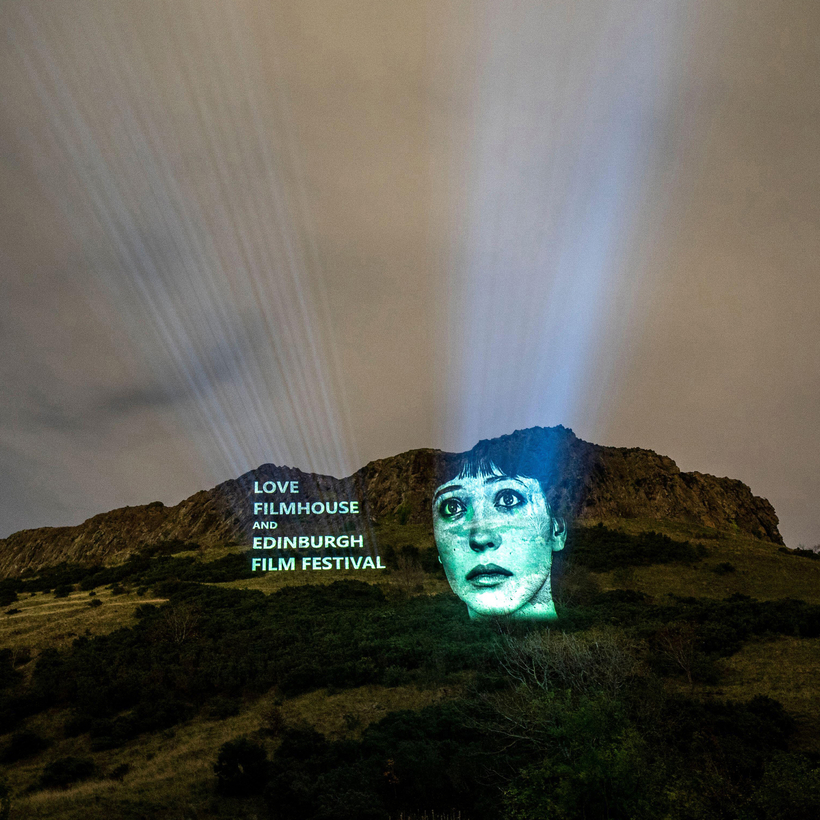Cannes has its red carpet and paparazzi, Venice its speedboats and high couture, Sundance its ski-wear and deal-making. The Edinburgh International Film Festival, by contrast, offers a nobility of spirit, embodied in the austere drama of the city’s neoclassical architecture. “It was never as glitzy as them,” says the festival’s former director and now prolific documentary-maker Mark Cousins, “but often more innovative and searching.”
Edinburgh is part of the ancient elite of film festivals; it’s not the oldest, but it has run continuously from 1947, even if the coronavirus forced the 2020 edition online. It proudly emblazons much of its promotional material with the very John Huston–esque (but possibly apocryphal) quote that the maestro is said to have uttered on bringing his washed-up-pug picture Fat City to the festival in 1972: it’s the only film festival “worth a damn.”

